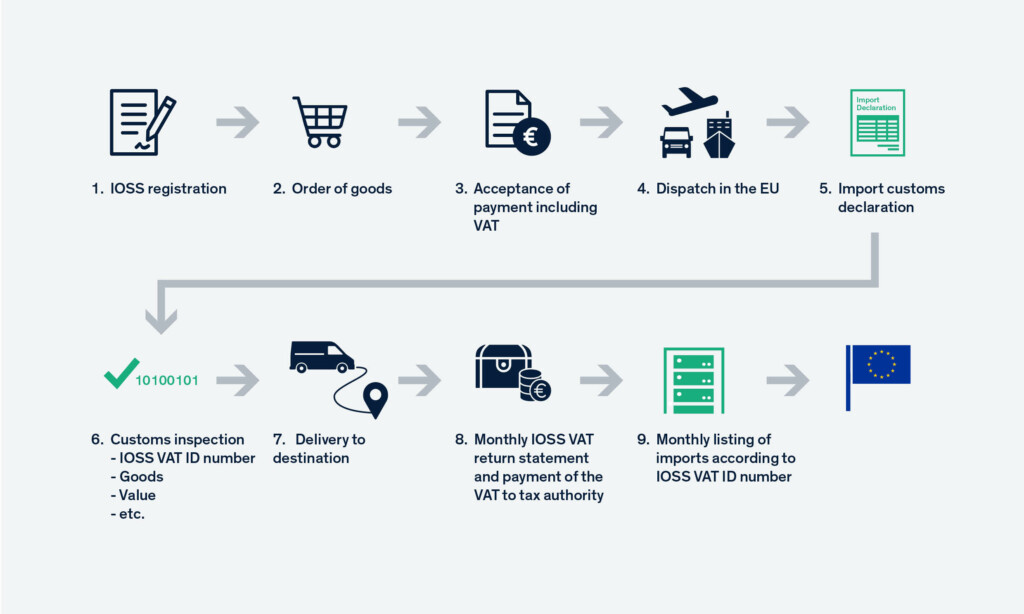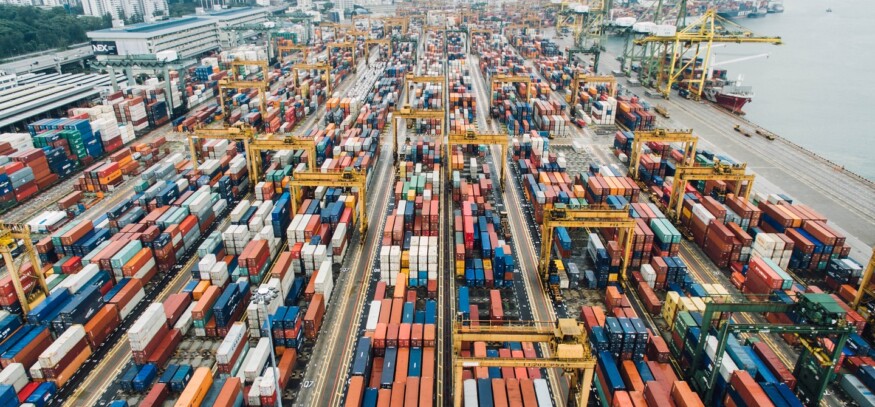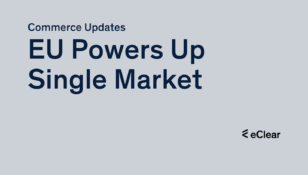The following is a summary of the most essential regulations
Third Country Definition
- Refers to countries outside the European Union (e.g., Switzerland, the UK, Norway, China, the USA, or Canada)
Changes to Exemption Limit
- €22 exemption limit abolished as of July 1, 2021
- All goods imported into EU Member States are subject to VAT
- No exemption limit or allowance applies
Customs Declaration Requirement
- Mandatory submission of customs declaration for all imports
- No exemptions from the customs declaration requirement
About the IOSS
Introduction to IOSS
- A streamlined system for simplifying VAT obligations
- Designed for businesses participating in cross-border sales within the EU
IOSS Participation and Limitations
- Voluntary participation
- Applicable to imports with an absolute value of up to €150
- Must be adopted uniformly across all EU Member States, and distance sales
Registration and Compliance
- Registration has been open since April 1, 2021
- Monthly filing of IOSS tax return statements required
VAT Management and Benefits
- Single VAT return statement and payment to a central tax authority (e.g. Federal Central Tax Office in Germany)
- Imports under the IOSS are exempt from import VAT
- Sellers calculate the VAT due, charge it to the customer at the point of sale, and report and pay the amount to the central office through the IOSS declaration
How the IOSS works

Example: Hansen, a manufacturer based in the non-EU country of Norway, sells sweaters to private buyers in the EU. Starting in 2022, Hansen will deliver sweaters from its central warehouse in Oslo to private buyers in Germany (without using an online trading platform). The value of each item is less than €150 (including transport costs).
Hansen registers these imports exclusively in Germany. The company participates in the IOSS in Germany and has registered with the Federal Central Tax Office in Saarlouis. For VAT purposes, the place of supply to private buyers is, in each case, Germany and German VAT is incurred on the sales of goods. This applies regardless of whether the threshold of €10,000 is exceeded. The import of these goods is exempt from import VAT. Hansen collects the VAT due from the customer via the shop’s checkout and the net purchase price. The company reports this VAT in the IOSS. It pays the accrued amount to the Federal Central Tax Office in Germany.
In forthcoming articles in our series, we will explain which taxation procedures apply if the IOSS is not used and what special features arise for sales via marketplaces and electronic interfaces.







